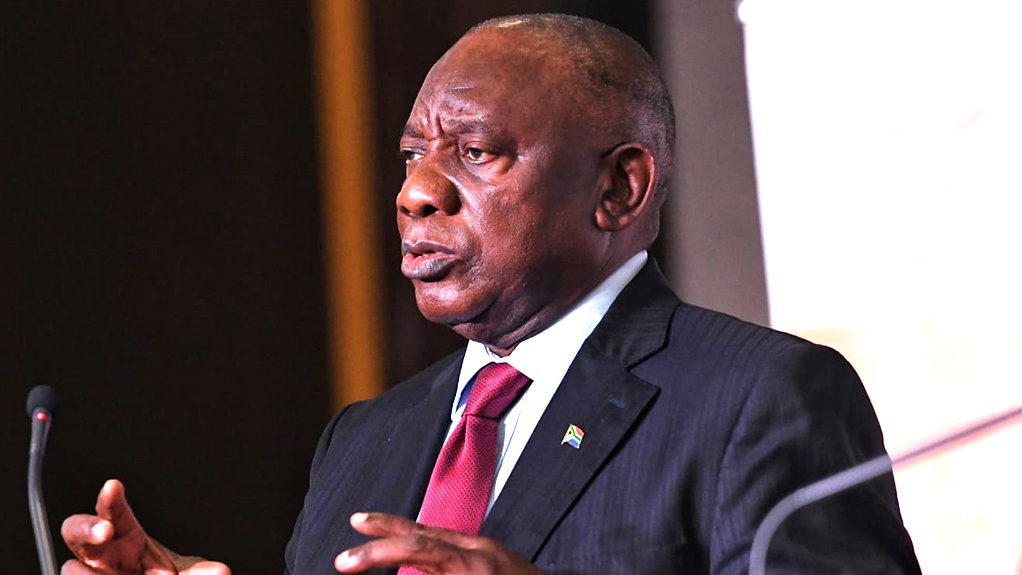President Cyril Ramaphosa said on Monday that by supporting peace-building efforts and by deepening the country’s bilateral relationships with fellow African nations in trade and investment, South Africa is playing its part towards meeting the aspirations of the African Union’s (AU’s) Agenda 2063.
He said at the same time, South Africa is helping to create conditions that will enable its own stability, growth and development.
Over the weekend Ramaphosa attended the thirty-sixth Ordinary Session of the African Union Assembly of Heads of State and Government in Ethiopia.
He said growth and development across Africa contributed to South Africa’s progress in opportunities for trade, investment and cooperation in areas such as technology and innovation.
However, he said that conflict, instability, and economic deprivation in parts of the continent often had a negative impact on these opportunities.
Ramaphosa expressed concern about the escalation of brutal attacks on civilians by non-State armed groups in eastern Democratic Republic of the Congo (DRC).
He stated that the conflict must be addressed, including the illegal exploitation of mineral resources and competition between countries in the Great Lakes region.
“That is why we have called for the resumption of dialogue, de-escalation of tensions between warring parties and the withdrawal of all foreign armed groups from the eastern DRC. The decision of the AU Assembly welcoming the deployment of the East African Community Regional Force to enhance regional peace and security in the DRC is to be welcomed,” he said.
He highlighted that South Africa has been actively engaged in peace-building efforts in the DRC and it provides troops to the UN stabilisation mission, MONUSCO Force Intervention Brigade.
He said South Africa remained committed to using its experience of negotiation, political dialogue and peacemaking to support people on the continent who were in the grip of conflict and in the throes of transition.
“South Africa is host to many refugees and asylum seekers. As a country, we have comprehensive refugee protection laws and a constitutional framework that deals with the challenges that people fleeing conflict and persecution face,” he said.
Ramaphosa noted that at the same time, South Africa has a high number of economic migrants.
“We have seen how this places a strain on many of our public services and how this has contributed to social tensions between our people and migrant communities. These tensions have sometimes led to violence against foreign nationals, which we must firmly condemn and work together to prevent,” he said.
OTHER CHALLENGES
He added that several other challenges loom large on Africa’s peace and security landscape, referencing unconstitutional changes of government in Guinea, Mali, Burkina Faso and Sudan. He pointed out that all four member States remained suspended from the AU.
The involvement of foreign fighters, armed groups and mercenaries in African conflicts, as well as the rise of terrorism and violent extremism in Somalia, the Sahel region and northern Mozambique, also posed serious threats to the continent’s stability, he explained.
Ramaphosa said the Peace and Security Council was seized with the challenge of securing predictable, adequate and sustainable financing for AU peace and security activities.
“We have called for the United Nations to fund Africa’s peace efforts. We welcome the fact that the AU Peace Fund is on track to meet its funding targets.”
He said South Africa continued to play an important role in the Southern African Development Community (SADC), including in the reforms process in Lesotho and through the SADC mission to Mozambique, which is battling an insurgency in the country’s north.
EMAIL THIS ARTICLE SAVE THIS ARTICLE ARTICLE ENQUIRY
To subscribe email subscriptions@creamermedia.co.za or click here
To advertise email advertising@creamermedia.co.za or click here











